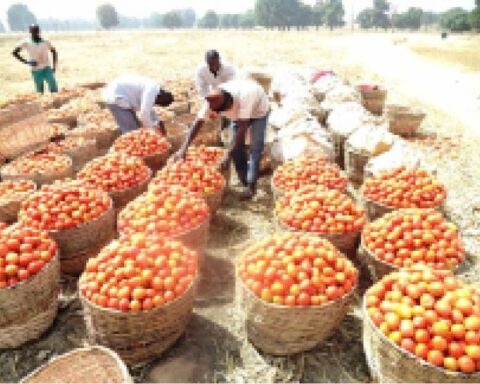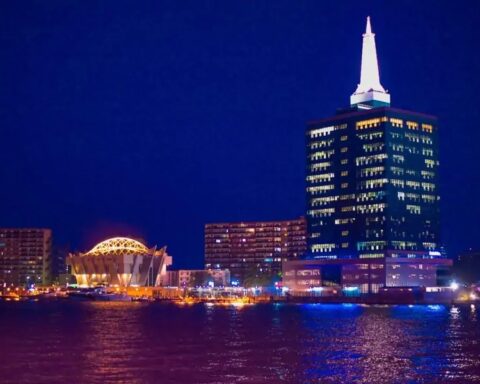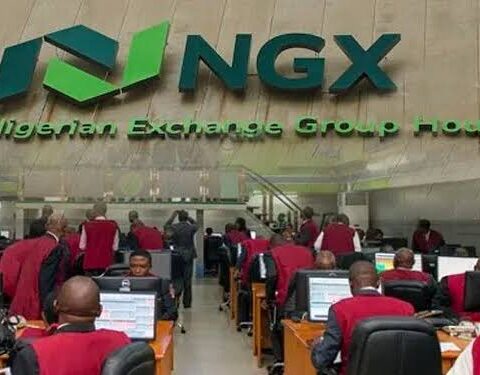By MIKE ABBAH
Dangote Refinery says it plans to adopt the sea transport, against road haulage, for the local distribution of 75% of its refined petroleum products in the coming days, targeting the Warri, Port Harcourt and Calabar ports.
This was disclosed by the Vice President (Oil & Gas) at Dangote Industries Limited, Devakumar Edwin, in a media interview in Lagos on Sunday (today, September 16).
According to Edwin, this action will be taken despite having the capacity to load 83% of its products by road, adding that the measure is aimed at reducing the higher costs associated with road distribution.
He noted that as the largest single-train refinery globally, Dangote Refinery offers both sea and road export options but is ramping up efforts to evacuate nearly all production by sea.
He emphasizes that products for Calabar, Port Harcourt, Warri, Apapa, and Atlas Cove (in Lagos) will primarily move by sea, with road transport reserved for urgent needs, easing pressure on road infrastructure and cutting transhipment costs.
“We have both exporting facilities by sea and by road. 75% of the production can be evacuated through sea. In fact, now we are ramping up to make it even 100%.
“Anything going to Calabar, Port Harcourt, Warri, Apapa, Atlas can all be taken through the sea. So only what is imminently required by road can be taken.
“But I also have the facility to load 83% of my production also through the road. We have just built-in flexibility but we can avoid all traffic congestion on the road by evacuating through sea and it will also bring down the cost of transhipment,” Edwin explained.
Edwin further noted that most products destined for central Nigeria can be shipped from Port Harcourt and Warri, while those for the East and Northeast can be moved from Calabar. This shift to sea transport, he noted, will significantly reduce costs and ultimately lower prices for consumers.
There are concerns that Dangote Refinery, with the capacity to load 40 tankers of PMS simultaneously in 40 minutes and manage up to 2,900 trucks daily, poses a significant risk of traffic congestion along the Lekki-Epe corridor, prompting a shift to sea transportation.
The Lagos State Government has announced that the electronic call-up (e-call-up) system for the Lekki-Epe corridor will commence on September 23, 2024, following the postponement of its initial rollout, which was scheduled for August 1, 2024.
According to the Lagos State Government, the implementation of the e-call-up system to manage truck movements is aimed at preventing severe congestion caused by articulated trucks and improving the efficiency of logistics operations within the Lekki-Epe Free Trade Zone corridor.
The e-call-up system is a digital platform designed to regulate the entry and exit of trucks in the Lekki-Epe area by scheduling and coordinating their movements.
It is expected to help prevent the chaotic traffic situations often caused by the indiscriminate parking and movement of trucks within the corridor.
Trucks entering the Lekki Free Trade Zone will first be directed to designated operational parks, where they will wait until they are called to proceed to the Lekki Free Trade Zone, port, or terminal when road conditions are convenient.
These parks have a combined capacity to hold over 1,200 trucks, keeping them off the roads when not needed
Given the influx of tankers and other articulated heavy duty vehicles in the coastal areas, residents and businesses have been battling with chaotic traffic situations that have made life and movement a nightmare.



























